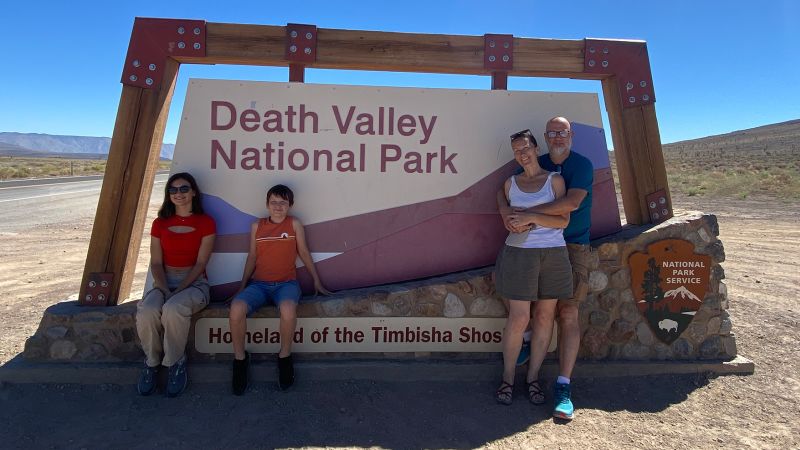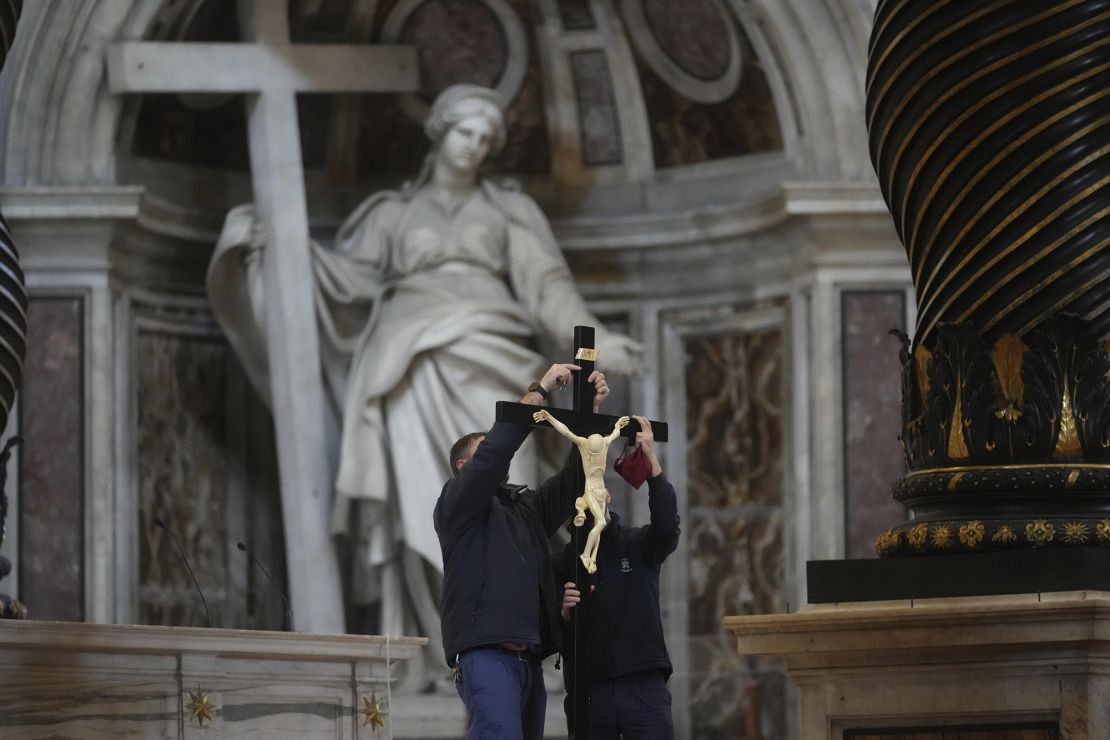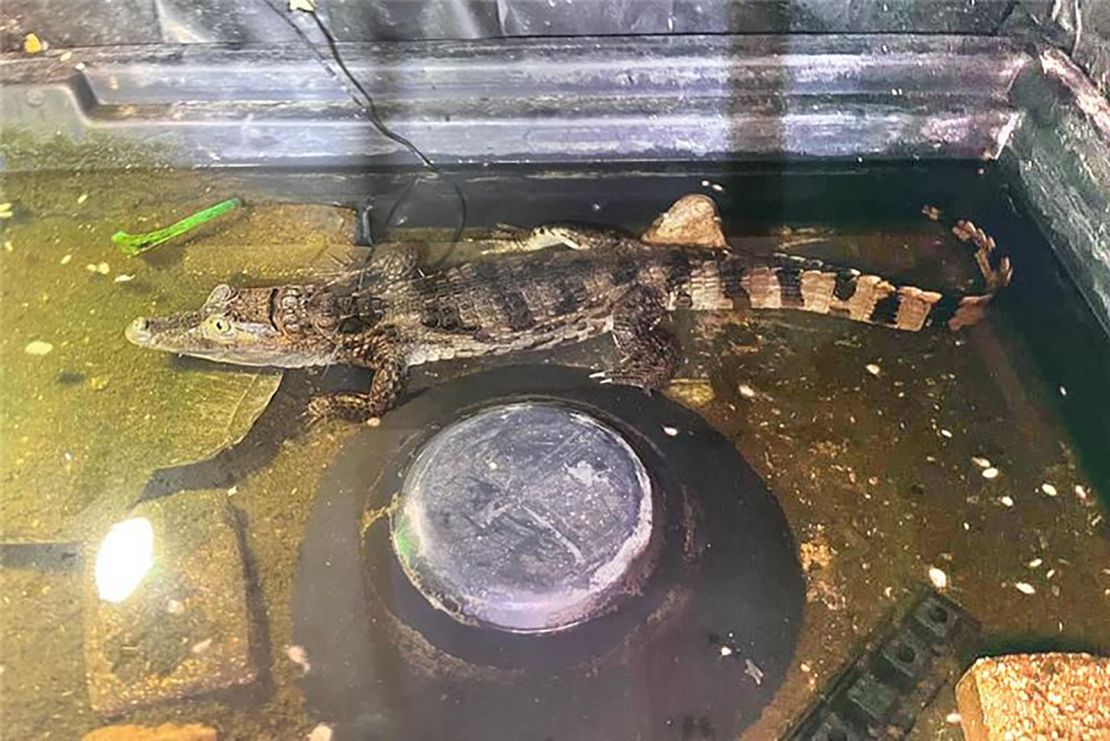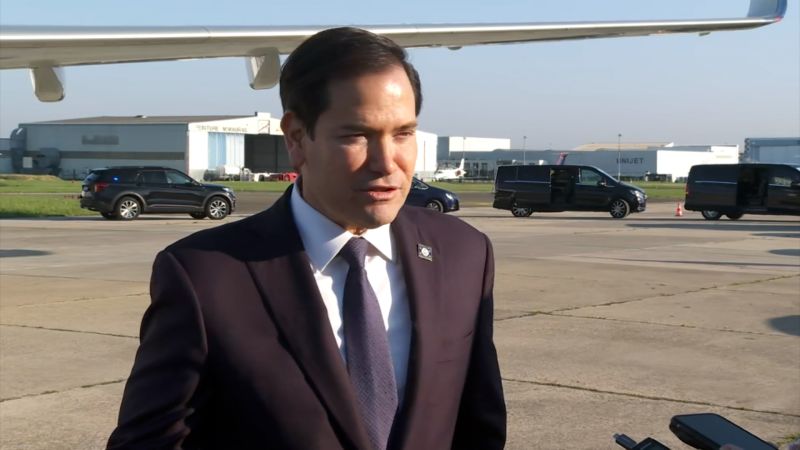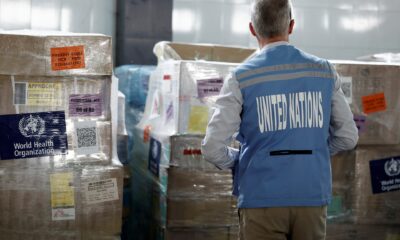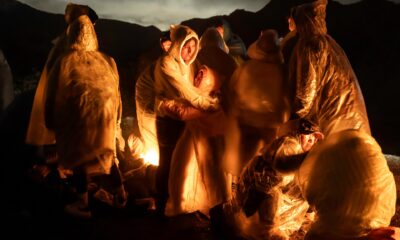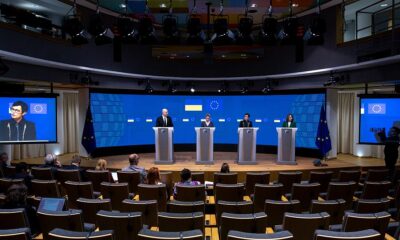CNN
—
Frenchman David Pereira grew up watching dubbed versions of American TV shows like “The A-Team,” “Happy Days” and “The Dukes of Hazzard” in France.
He was obsessed with American culture: he used to collect vintage Mustangs, owns a GMC pick-up truck from the ’70s, and has visited the US nearly a dozen times. This summer, he was looking forward to fulfilling a lifelong dream and visiting Yellowstone National Park with his family, after having completed a successful circuit of national parks on the West Coast two years ago.
But after following Donald Trump’s aggressive rhetoric for months, the 53-year-old business owner said he couldn’t, in good conscience, go through with it and has canceled the trip.
“Like many French people, we are immersed in American culture. So we love it. But it’s just unbelievable now,” Pereira, who lives about an hour north of Paris, told CNN Travel.
“I kept watching the news and thinking, ‘this can’t be happening.’ It was getting worse and worse. It was just fake news on fake news on fake news.”
Similar feelings of disbelief, anger, anxiety and fear that beset America’s neighbors, Canada and Mexico, have spread across the Atlantic, where European travelers are canceling planned visits or rethinking their US travel plans amid the Trump administration’s hostile anti-European rhetoric and tariff war.
Safety concerns following a string of plane crashes and cuts affecting the Federal Aviation Administration, as well as stories about tourists being thrown into detention centers without due process or being denied entry possibly because of anti-Trump views, have also heightened travel anxiety.
In response, countries like Ireland, the Netherlands, Denmark, UK, Germany, Finland and Canada have issued new travel updates warning citizens that travelers can be denied entry even with the appropriate visas and approvals, or that transgender travelers must indicate their biological sex at birth in their passports and could face added difficulties entering the US.
As cautionary tales of travel to the US began to pile up, British writer Farah Mendlesohn knew that she had to forfeit the month-long trip that would have taken her from Scotland to Oregon, Seattle and Vancouver this summer. Three years in the making, her plan was to conduct research at a public university for a book on a science fiction writer that she was working on, and to volunteer at the sci-fi Seattle WorldCon convention and visit friends.
But after reading about a Welsh woman who was detained for 19 days in the US and sent home in chains after being accused of working illegally while on a tourist visa, Mendlesohn canceled her trip and lost £800 (about $1,050) in travel bookings.
She also feared that her left-leaning political stance (she edited a deliberately provocative 2007 sci-fi anthology titled “Glorifying Terrorism” to challenge sweeping British anti-terror laws in 2006) would have gotten her into trouble at the border.
“As well as my own political views, I don’t think I want to go to America in those circumstances and put money into the American economy,” Mendlesohn said.
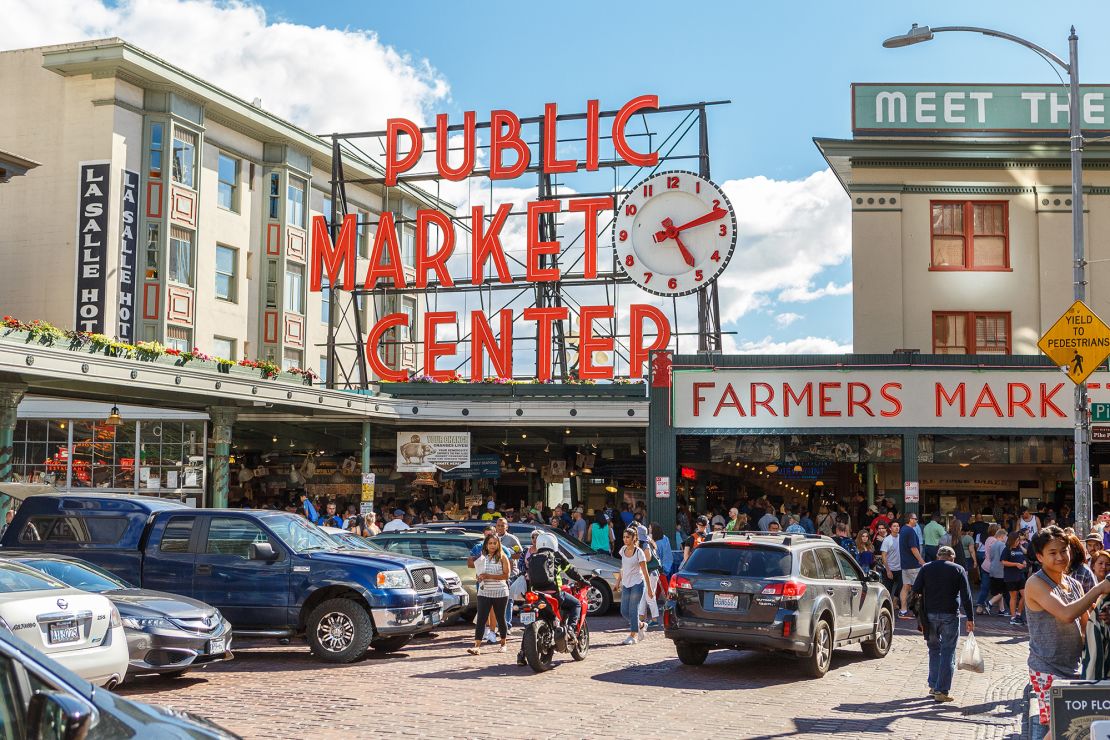
On Friday, US Secretary of State Marco Rubio sought to minimize concerns international travelers may have of coming to the US and being detained, saying those who are flagged at the border are flagged “for a reason.”
“If you’re not coming to the United States to join a Hamas protest, or to come here and tell us about how right Hamas is, or … stir up conflict on our campuses and create riots in our streets and vandalize our universities, then you have nothing to worry about,” he told reporters in Brussels.
But the chilling effect among international travelers is starting to bear out in the numbers.
New figures from the National Travel and Tourism Office (NTTO) show that overseas international arrivals for the month of March dropped 12% compared to the same period last year. That figure excludes arrivals from Canada and Mexico.
After forecasting a 5% dip for inbound travel to the US this year in February, travel forecasting group Tourism Economics has revised its projections, telling CNN Travel that it now expects that figure to almost double to 9.4%.
Summer hotel bookings from European travelers for Accor properties in the US are also down a whopping 25%, CEO Sébastien Bazin said in a recent interview with Bloomberg TV. Accor hotel brands include Fairmont, Ibis, Novotel, Mercure and Raffles.
Jean-François Rial, CEO of France’s leading luxury tour operator Voyageurs du Monde, said that ever since Trump’s inauguration in late January, bookings for US travel among his wealthy French clients have dropped a “colossal” 20%.
“In the 30 years I’ve been in this business, I’ve never seen anything like this for any destination. It’s huge,” he told CNN Travel.
Rial also criticized the US government for downplaying the impact of Trump’s policies on international travel, and said that colleagues in the industry in France are reporting similar trends.
The NTTO’s 2025-2029 forecast, published in March, projects that total international arrivals will increase nearly 7% this year to 77.1 million, spike another 10% in 2026 for the World Cup, and then dip down to a 6% increase in 2027 — numbers that seem overly optimistic, Rial said.
“When the US says there’s no impact on travel sales from the Europeans to the US, they’re wrong. There you go. They’re talking nonsense.”
CNN Travel reached out to NTTO for comment on the forecast but didn’t hear back. The NTTO forecast is based on travel and economic trends through the end of 2024.
Didier Arino, general director of travel consulting firm Protourisme in France, also said that anti-Trump sentiment has led to an “unprecedented” drop in interest for travel to the US, which is the leading long-haul destination among French tourists.
“It’s unheard of. It’s happened before in a country at war, in a county where there was a security risk, or risk of health crisis, but in a normal situation, we’ve never seen this kind of turnaround,” Arino said.
British long-haul carrier Virgin Atlantic has recently warned that demand for transatlantic travel to the US has slowed.
The NTTO’s 2025-2029 forecast of a nearly 3% increase in Canadian tourist arrivals in 2025 is also at odds with recent stats showing a decline in Canadian travel to the US.
According to figures from US Customs and Border Protection, the average number of daily travelers crossing the Canada-US land border by car fell 15% in February from 92,983 to 79,407 this year compared to the same period last year. Likewise, transborder air travel from Canada to the US was down 2% in February, marking the first month to record a year-over-year decrease since the start of the pandemic.
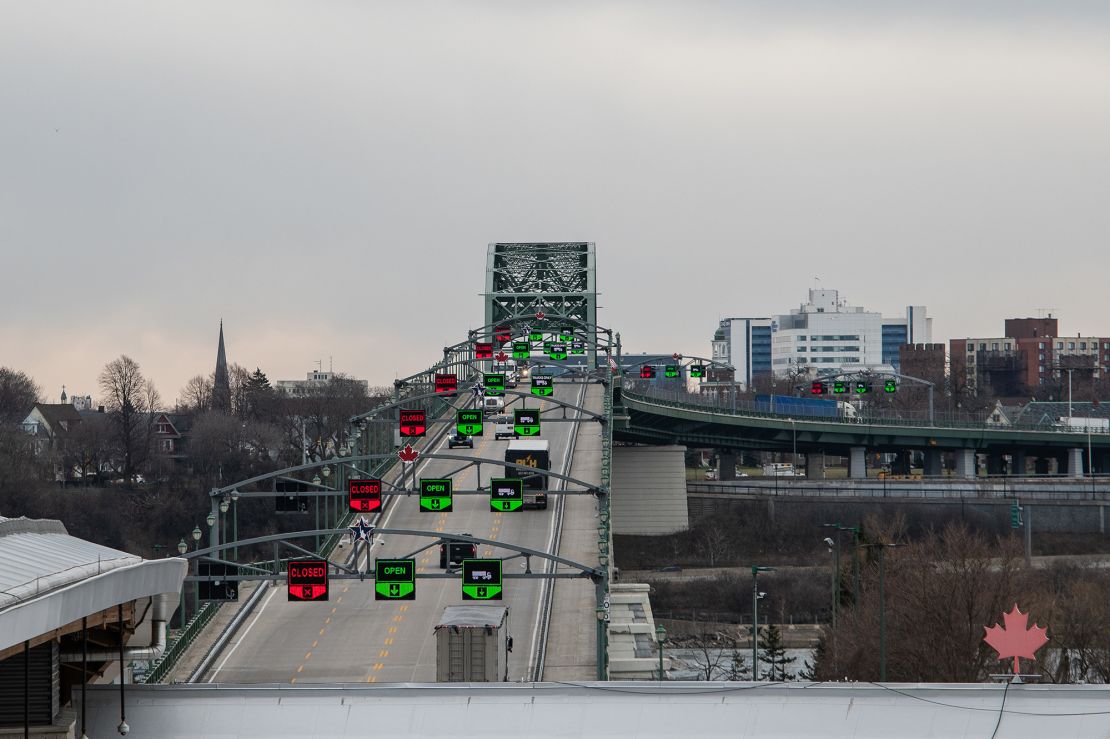
And flight bookings between Canada and the US for travel between April to September show a precipitous drop of more than 70% compared to the same period last year, according to aviation analytics company OAG.
But while Canada’s largest airlines Air Canada and WestJet have axed seats in response to plummeting demand, OAG chief analyst John Grant said there have been no significant adjustments from Europe or other international markets so far, mostly due to the logistical challenges that presents. And while airlines may try to stimulate demand by lowering prices, he pointed out that the days of post-pandemic revenge spending are over.
“Let’s not forget that the vast majority of tourism in the United States is still domestic tourism,” he added. “And if that holds, the loss of a few million people from Europe could be absorbed.”
A grassroots boycott movement that started in Canada is also gaining momentum in Europe, with “boycott USA” groups on Facebook from countries like Denmark, which leads the charge at 95,000 members, Germany, Italy, France, UK, Norway and Sweden attracting new members daily.
For Swede Johan Björnsson, canceling his 2026 cruise out of Miami is an important gesture, even if it means losing a $500 deposit. He’s never been particularly political, Björnsson said. But the moment he saw clips of Trump and Vice President JD Vance berating Ukrainian President Volodymyr Zelensky in the Oval Office, the 43-year-old said he knew he had to take a stand.
“It had nothing to do with politics, it was just a crude assault. It was disrespectful and wrong on so many levels. It got personal,” he said. “That was probably the drop that made everything go over for me.”
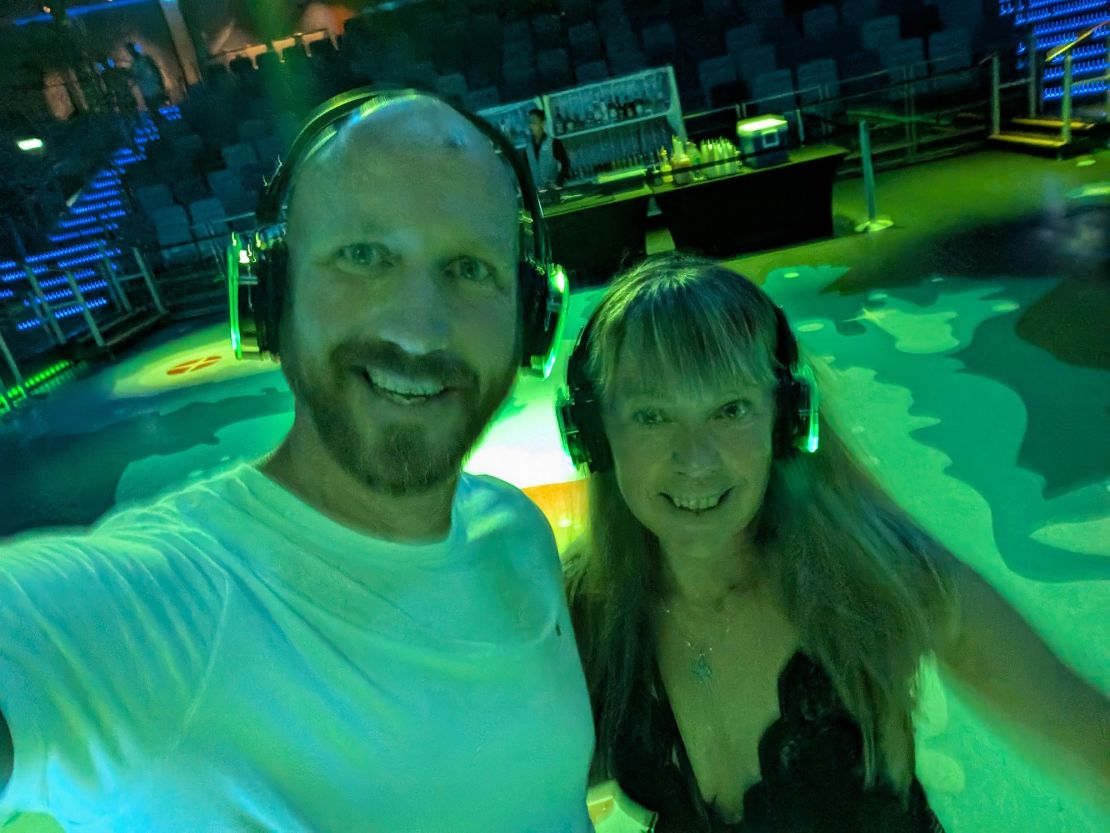
For Europeans living close to the war in Ukraine, the threat of Russian aggression across the continent looms in the background. Last month, the EU Commission urged its 450 million citizens to stockpile enough food, water and essentials for 72 hours in the event of emergencies like cyberattacks, climate disasters, disease and also geopolitical conflicts.
“Peace and stability are intrinsic to the European project. Yet, Europe faces a new reality, marked by growing risks and deep uncertainty,” read the first lines of the EU’s 18-page European Preparedness Union Strategy.
Trump’s alignment with Putin, suspension of aid to Ukraine and the administration’s general anti-Europe rhetoric are seen as deep betrayals across the continent. In a leaked Signal thread published by The Atlantic, US Defense Secretary Pete Hegseth wrote: “I fully share your loathing of European free-loading. It’s PATHETIC.”
And during a visit to Greenland, a semiautonomous territory in the kingdom of Denmark, last week Vance upbraided Denmark, saying they have “not done a good job” for the people of Greenland, in a speech that was largely viewed as hostile and insulting.
“We consider the US to be our best friend,” said Jacob Bøll, a consultant who lives in Copenhagen. “Now, we’re not only not friends anymore, it’s like our friend started a fist fight with us.”
The turn of events has driven Bøll, 52, to cancel travel plans to Cincinnati where he was to visit close family friends this summer, and then travel to Nashville. He was also planning to attend the World Cup soccer tournament next year, but now will only go on the condition Denmark plays in Canada if they qualify.
“I just can’t imagine a scenario where I would go back,” he said. “You vote with your feet when you’re a consumer.”
After much deliberation, fellow Dane Robert Christiansen has also canceled plans to fly to Texas this summer and surprise his teenage daughter, who is studying in Dallas. But Christiansen said fears of flight safety and his own activity on social media, where he shares the latest news stories as his small act of resistance, would have made him anxious about his travels.
“I cannot trust the government of the United States,” Christiansen said.

